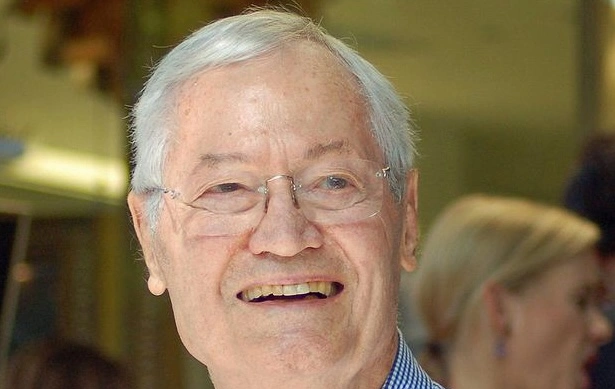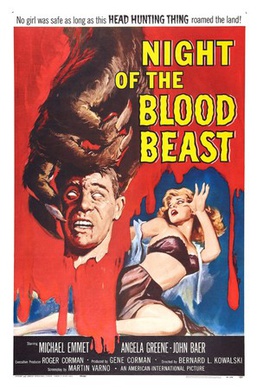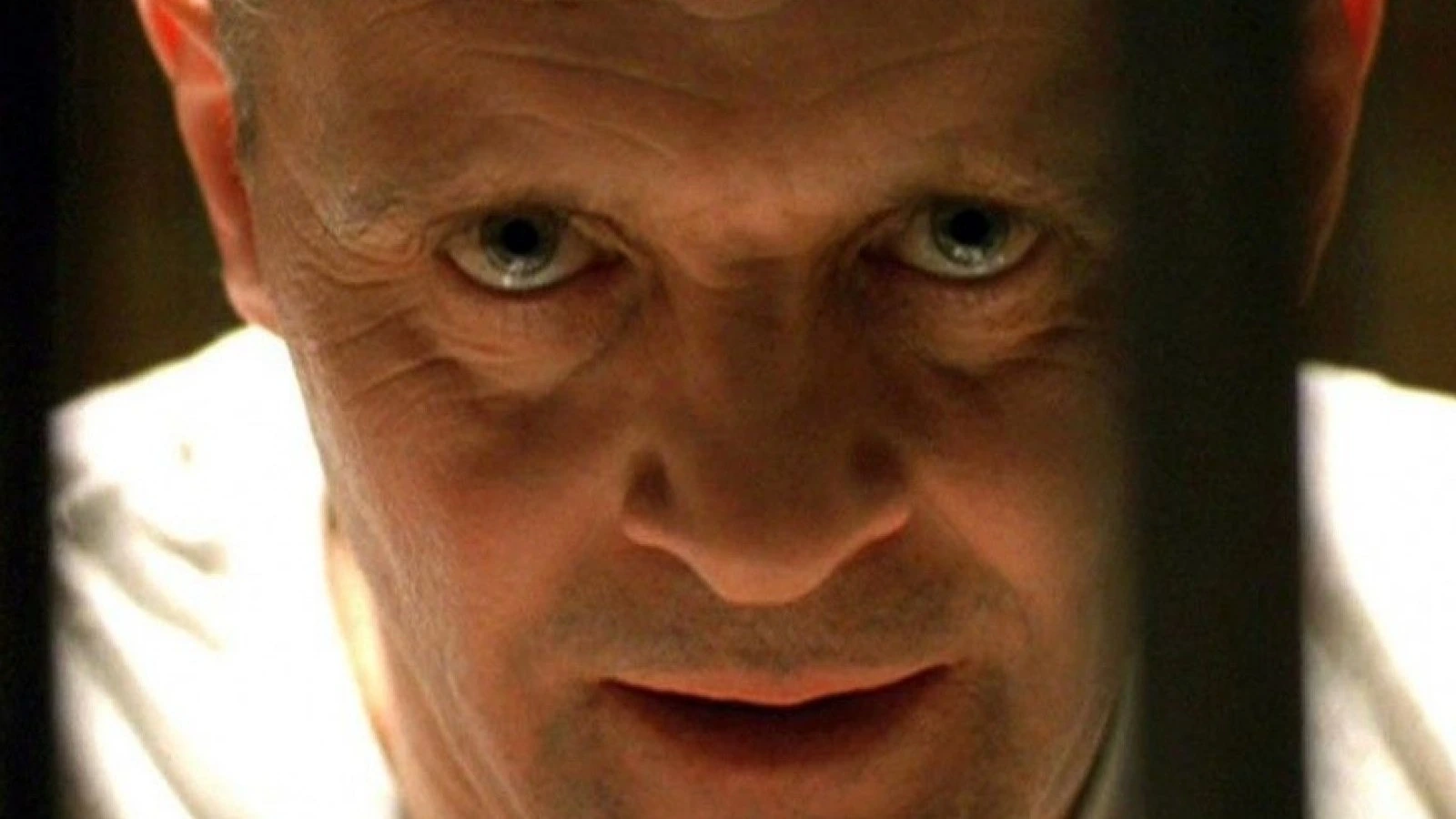
Roger Corman died today. I recommend his obituary in The Hollywood Reporter, which is a fair and respectful overview of his life. Basically, Corman made a lot of bad movies. He was polite, kind, and unpretentious. You can’t be when you’re producing Night of the Blood Beast.

This poster rules, though.
If his movies look terrible, it’s because they are. They’re usually cheesy, cheap and exploitative.
I love these kinds of movies, though.
Terrible movies can surprise you. A bad enough film can almost feel like avante garde. Watch this scene from The Room and tell me the dialogue is not practically Lynchian. It’s (unintentionally) grade-A surrealism.
One time, I was watching a Corman movie called Caged Heat. It’s about a bunch of female prisoners fighting an evil doctor and warden. It’s pretty trashy.
Caged Heat was directed by one of Corman’s protégés - a guy named Jonathan Demme. He was working with a newbie cinematographer, Tak Fujimoto. You can tell it was Demme’s first directing job and Fujimoto’s third cinematography gig. The movie is bad, except for one insanely good shot where a person stares straight into the camera from an inch away.
(I tried to find a screenshot of this, but I can’t find remember which actor does it, and I don’t want to watch the movie again. The whole movie is on YouTube).
Demme and Fujimoto parked the camera an inch from the actor’s face. They fill the screen, blasting you with the full power of their gaze. The effect is flooring.
You probably know this shot from the movie Demme and Fujimoto did 20 years later, a little film called The Silence of the Lambs.

This is one of the scariest shots ever put in a movie. It makes me want to flee the country. It’s phenomenal.
NPR’s culture critic Glen Weldon wrote a wonderful obituary of Demme (who sadly predeceased his mentor, Corman) breaking down the power of the ultra close-up:
The main reason Jonathan Demme’s Oscar-winning 1991 film The Silence of the Lambs gets its hooks in you — and leaves you feeling vaguely distracted and discomfited long after it’s over — isn’t anything Anthony Hopkins’ Hannibal Lecter says.
It’s how he says it. And to whom…
Instead of having [his actors] pitch their performances slightly to camera left or camera right — a shot so ubiquitous to basic cinematic infrastructure that it barely registers with viewers — [Demme] has Hopkins stare down the barrel of the lens.
Straight at us.
Into us.
Seeing the ultra close-up in Caged Heat makes the rest of that bad movie worth it. It’s neat to see Demme figure out the shot that’ll help him win Best Picture someday. Seeing it in the middle of that pile of garbage redeems the rest of the movie. Well, almost. 1
Bad movies are fun, because you never know what you’ll find. Rest in peace, Roger Corman. Your movies were awful. We’ll miss you.
- The ultra close-up lives on, by the way. Barry Jenkins, who Demme mentored, used the shot to powerful effect in If Beale Street Could Talk.↩